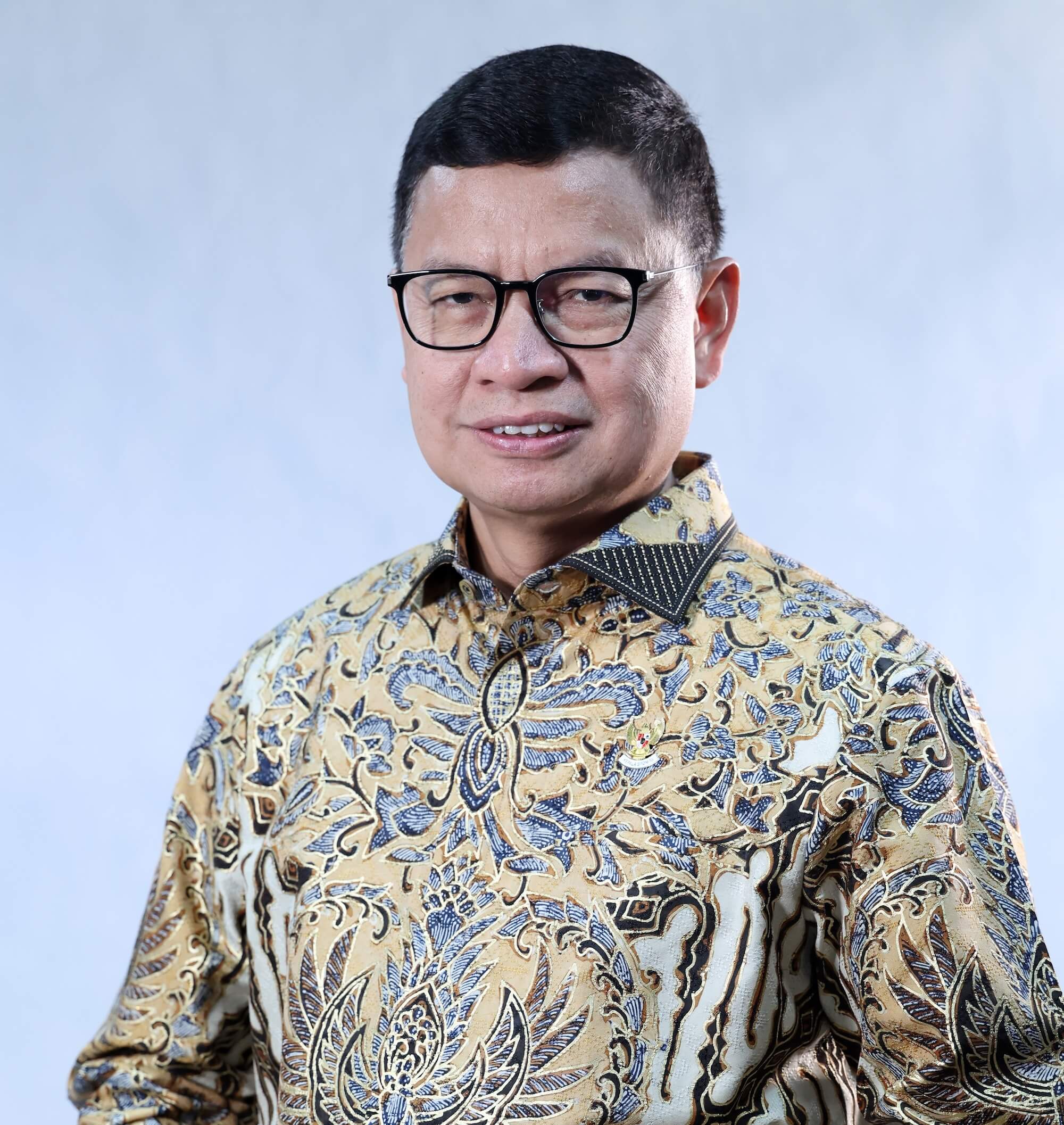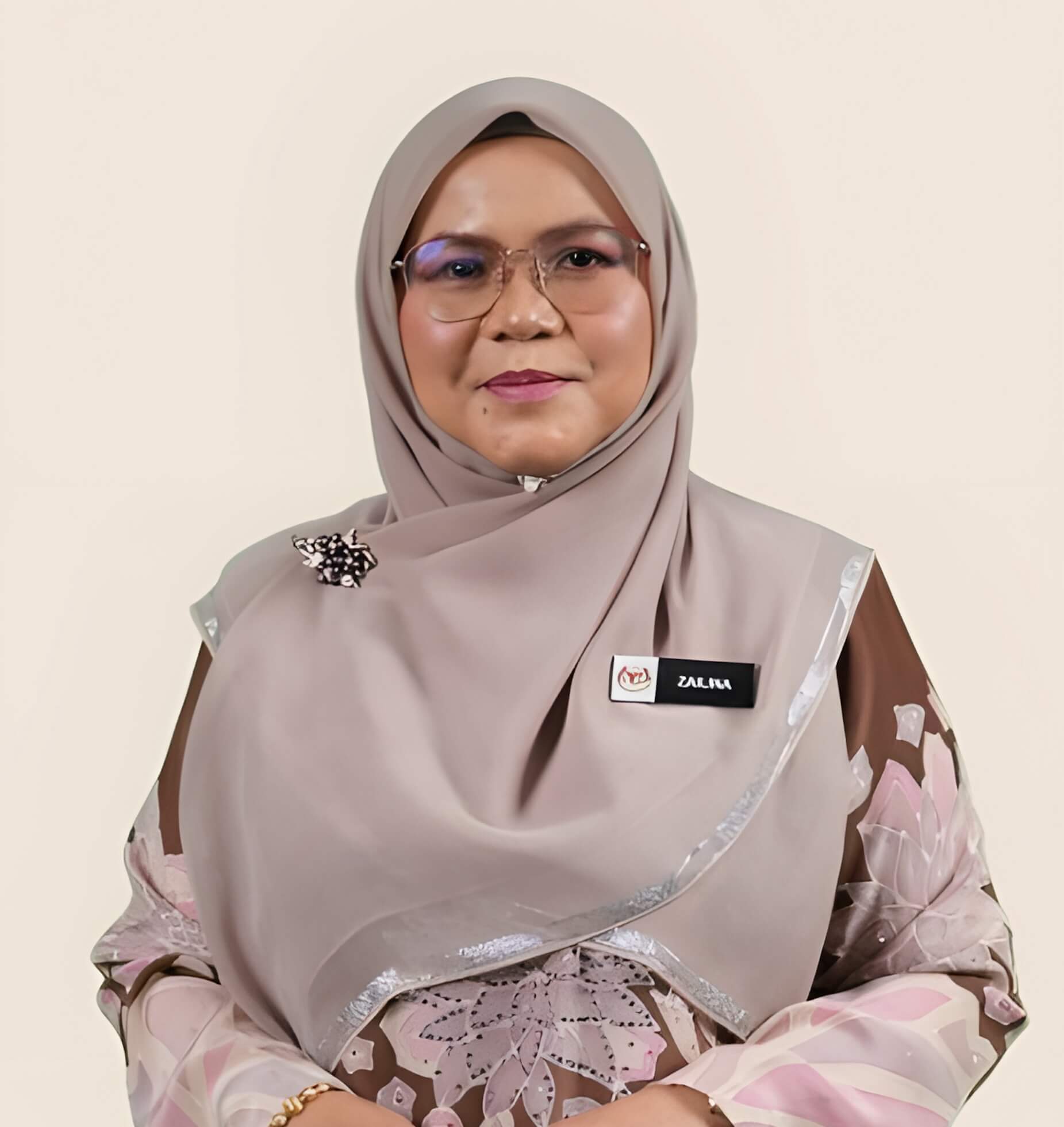


Agung founded Surplus, an app that enables food retailers to sell their overstock or imperfect products to help limit food waste in Indonesia. Indonesia is the second-largest producer of food waste per capita in the world, producing around 23-48 million tons of food waste per year.
This amount of food can feed 61 to 125 million people. Food loss and waste also contribute to around 7.29 per cent of Indonesia’s average greenhouse gas emissions and correspond to 213 to 551 trillion Indonesian rupiah in annual economic losses.
“Surplus initially started as a community to raise awareness about food waste. However, we soon realised that to amplify our reach and provide solutions to this issue, we also need a sustainable business model. That is why we created the app to connect those who want to rescue food that is still good but about to be thrown away with businesses. University students are currently one of our largest customer bases.
“When I was pursuing my master’s degree in London, I had to survive on a limited budget. I actively looked for closing hour discounts or flash sales from restaurants to afford my meals. I found it interesting that plenty of food was thrown away while people barely have enough to eat. Studying environmental technology, I saw that I could create a platform to fill this gap in Indonesia.
“There are a lot of challenges as I embark on this journey with Surplus. Food waste is not seen as an attractive issue in Indonesia compared with other issues such as plastic waste. Since no regulations govern food waste in Indonesia, businesses have no incentives to put any effort into curbing waste. We receive massive rejections from business owners who prefer to throw their unsold products away rather than sell them for half price. They are afraid that selling leftover or imperfect food will ruin their brand.
“Although it has been very difficult, we have managed to gather merchants who have the same vision in combating food waste. We created a campaign to help them turn their losses into profits while at the same time enabling their brand to become more green and sustainable to win and prevail over their competitors in getting new customers.
“During the COVID-19 pandemic and mobility restrictions in Indonesia, we help business owners to survive by selling their overstock or imperfect product. Together, we have prevented around 2,100 US dollars in losses for business owners who joined the movement during the pandemic. Besides, we have also been doing social campaigns and redistributing surplus food from business owners or donors to those in need during the pandemic with our Surplus community.
“Our vision is to create an environment without food waste and to support Sustainable Development Goals 2 (Zero Hunger), 12 (Responsible Consumption and Production), and 13 (Climate Action). We have saved more than 3,000 meals, which is equal to more than 450 kilograms of food and 16 tons of CO2 emission. That corresponds to emissions from burning 16 million pounds of coal. In the near future, I hope for increased awareness of the food waste issue so we can expand Surplus to other cities in Indonesia.
“ASEAN could help raise awareness about the food waste issue and help push for the creation of laws or policies at the national level. Having a network or community of those working on this issue around the region will also help us to learn and share best practices, as well as to unleash the power of community in championing this issue.”
“Our vision is to create an environment without food waste and to support Sustainable Development Goals 2 (Zero Hunger), 12 (Responsible Consumption and Production), and 13 (Climate Action). We have saved more than 3,000 meals, which is equal to more than 450 kilograms of food and 16 tons of CO2 emission. That corresponds to emissions from burning 16 million pounds of coal. In the near future, I hope for increased awareness of the food waste issue so we can expand Surplus to other cities in Indonesia.
“ASEAN could help raise awareness about the food waste issue and help push for the creation of laws or policies at the national level. Having a network or community of those working on this issue around the region will also help us to learn and share best practices, as well as to unleash the power of community in championing this issue.”
Interviewed by Pricilia Putri Nirmala Sari. The conversation has been edited and condensed for clarity. The views and opinions expressed in the text belong solely to the interviewee and do not reflect the official policy or position of ASEAN.








